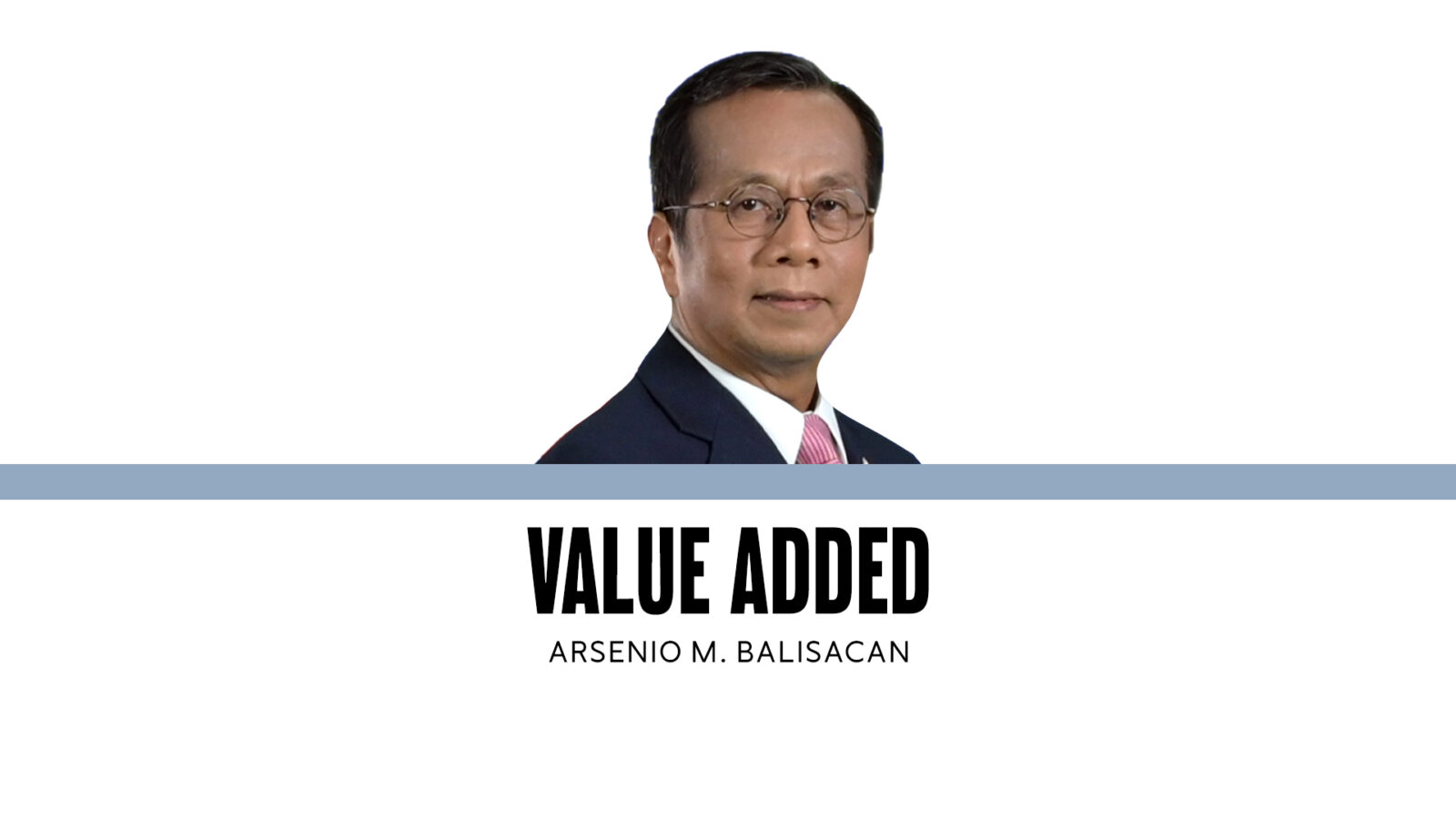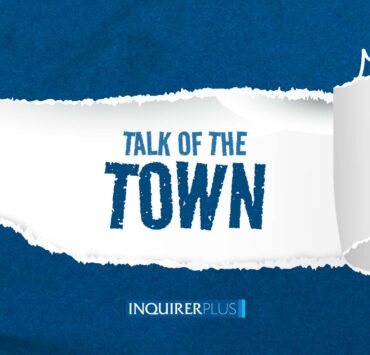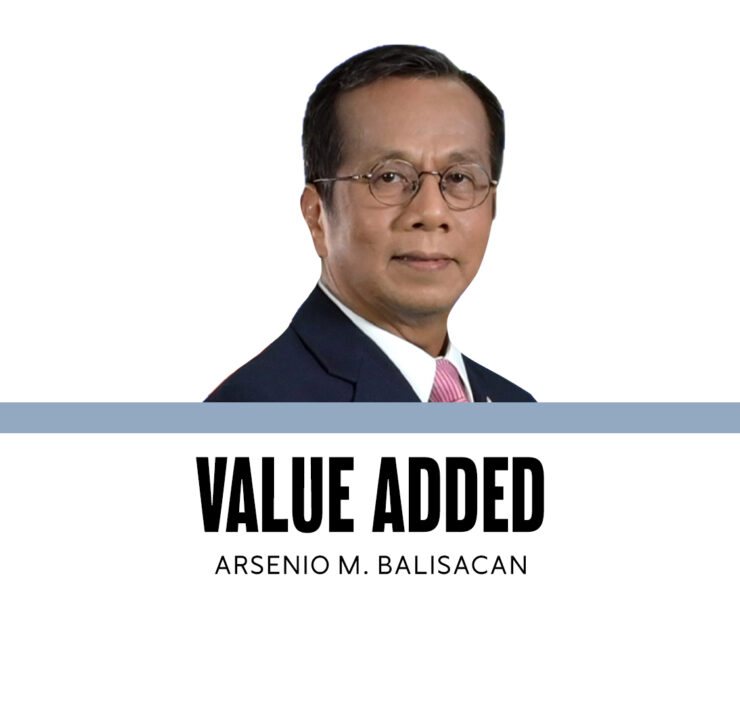Laying the groundwork for inclusive AI

At the Artificial Intelligence Conference Philippines 2025 at the SMX Convention Center in Taguig, I had the honor of sharing my thoughts on how we can lay the groundwork for a digitally transformed, AI-enhanced, and inclusive future for every Filipino.
No other technological disruptor in recent decades has been more consequential than the recent advances in artificial intelligence. The speed and scale of AI-enabled technologies are rapidly transforming work, learning, lifestyles, and the infrastructure of privacy and national security.
Globally, 75 percent of workers now use AI on the job, and in the Philippines, 86 percent of knowledge workers report the same, with many only recently adopting these tools. Students are also joining this wave, integrating AI into their daily learning.
While AI holds tremendous potential to boost productivity and drive short-term economic growth, its long-term impact remains uncertain. Some studies foresee significant productivity gains, while others suggest modest returns and mixed outcomes. Risks such as job displacement, widening inequality, and diminishing incentives for original content creation demand serious attention.
One growing concern is how AI-generated content—often indistinguishable from fact—can overwhelm original voices, distort shared truths, and erode trust in digital spaces. This risk presents not only an economic challenge but also a societal one, as the quality of public discourse and information itself comes under threat.
Governments worldwide are responding. Across Asia, countries, including the Philippines, are crafting national AI strategies to harness innovation while managing AI’s risks. We are well-positioned to benefit from these technological shifts—if we act strategically.
Our national approach rests on three pillars: building an AI-ready workforce, expanding inclusive digital infrastructure, and establishing a forward-looking regulatory framework.
First, we must equip our workforce with the skills needed for a changing labor market. While AI creates new opportunities, it also threatens many jobs through automation. Reskilling efforts are essential in sectors where AI is less of a complement, while we expand opportunities in areas where human-AI collaboration can thrive.
Beyond today’s workforce, we must look to the next generation. Strengthening the fundamentals of education and investing in human capital are critical to ensuring that all Filipinos can participate meaningfully in our digital transformation. As of 2024, functional literacy—the ability to read, write, compute, and comprehend—continues to face challenges, especially among younger Filipinos. We must go back to basics if we want to move forward.
Second, we need to invest in resilient and accessible digital infrastructure. Reliable internet and affordable energy are essential for the adoption of AI. Yet, despite notable progress, the country’s telecommunications sector remains hampered by high costs, low accessibility, and underwhelming speeds, especially when compared with its Asean peers. And electricity costs in the Philippines remain among the highest in Southeast Asia. Improving the policy environment for telecom and energy investment will help sustain digital industries and promote more equitable access nationwide.
Third, we must establish a regulatory framework that fosters innovation while protecting the public interest. Encouraging progress is already underway, as evidenced by the government’s adoption of the National AI Strategy and proposed legislation, such as the Konektadong Pinoy and E-Governance bills. Investment and governance reforms in the energy sector are also advancing. But much depends on timely implementation, institutional coordination, and results-focused leadership.
Governance models must evolve to keep pace with the rapid advancements of AI. Traditional policy tools are often too rigid for technologies that continuously learn and adapt. Our frameworks must be guided by principles of clarity, fairness, accountability, agility, and precision, developed in partnership with the private sector and the global community.
AI transcends borders. Its benefits—and risks—are shared. Without international coordination, we risk fragmentation, deepening inequality, and the erosion of public trust. Global cooperation is essential to ensure fairness, protect original work, and preserve the integrity of our digital commons.
Ultimately, building an inclusive AI future requires a whole-of-society approach. This means sustained investment, institutional reforms, and genuine collaboration across sectors. The choices we make now will shape whether AI empowers or excludes, uplifts or divides.
We stand at a crossroads. The future remains open. Let us shape it together.
—————-
Arsenio M. Balisacan is Secretary of the Department of Economy, Planning, and Development (DEPDev). The views expressed here are his own and do not necessarily reflect those of the institutions with which he is affiliated.
—————-
ambalisacan@depdev.gov.ph


















Deepening US-Japan-Philippines security cooperation